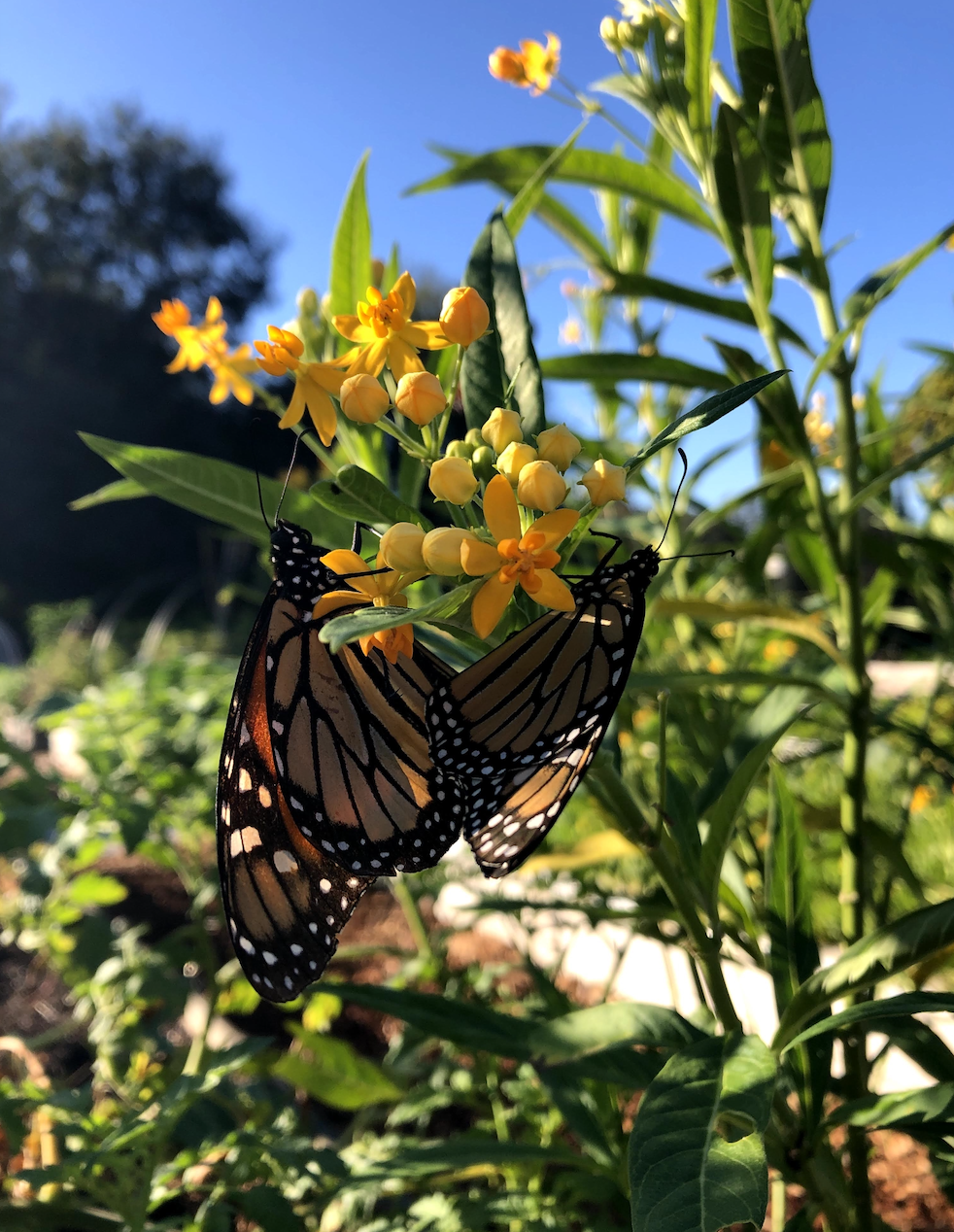
The City of Charlotte’s Overgrown Vegetation Ordinance is unintentionally standing in the way of a more sustainable, biodiverse, and pollinator-friendly future. Under current rules, home and business owners are discouraged from growing naturalistic landscapes that support local wildlife and clean water.
It’s time to fix that.
What's the Problem with Charlotte's Vegetation Ordinance?
Charlotte’s current ordinance states:
“It shall be unlawful to fail to cut overgrown grass, weeds, and other vegetation when the grass, weeds, and other vegetation is of a height greater than 12 inches.”
While this aims to reduce neglect and blight, it also unintentionally penalizes residents who are creating wildlife habitats, pollinator gardens, and native plant landscapes. These types of yards don’t just look different — they function differently, offering crucial ecological benefits.
Why Natural Landscapes Matter
Naturalistic landscapes and native plant gardens do more than just provide beauty. They:
-
Support bees, butterflies, and other critical pollinators
-
Improve stormwater management and reduce local flooding
-
Filter pollutants, improving water quality
-
Combat urban heat and reduce carbon emissions
-
Boost biodiversity, a key strategy in addressing the global extinction crisis
Programs like Surfrider Foundation’s Ocean Friendly Gardens show that nature-based solutions work — both for people and the planet.
Our Ask: Update the Ordinance to Support Pollinators and Wildlife
The Surfrider Charlotte Chapter, along with a coalition of local environmental groups led by the North Carolina Wildlife Federation, is calling on the Charlotte City Council to amend the Overgrown Vegetation Ordinance. We are requesting an exemption for naturalistic gardens, pollinator habitats, and wildlife-friendly landscaping, as other cities like Winston-Salem, NC and Columbia, SC have already done.
Key Reasons to Support an Exemption
Use the talking points below when reaching out to your local City Councilmember:
-
Protect pollinators by allowing wildlife habitats as exemptions — just like in Winston-Salem and Columbia.
-
Charlotte is a Bee City Affiliate and a Certified Community Wildlife Habitat — it should support, not punish, pollinator-friendly landscaping.
-
This outdated ordinance conflicts with the City’s sustainability and biodiversity goals.
-
Amending the ordinance would streamline enforcement and reduce confusion for both residents and City staff.
-
Mayor Vi Lyles has signed the Mayor’s Monarch Pledge every year since 2022 — this change aligns with that commitment.
-
Traditional landscaping contributes to climate change, air pollution, and declining water quality — we need alternatives.
-
Residents should be empowered to practice land stewardship and conservation, not penalized for it.
Take Action: Contact Your Charlotte City Councilmember
If you live in Charlotte, you can help by reaching out to your City Councilmember and urging them to support an exemption for natural landscapes in the Overgrown Vegetation Ordinance.
Together, we can protect pollinators, reduce flooding, improve water quality — and create a more sustainable Charlotte for generations to come.
